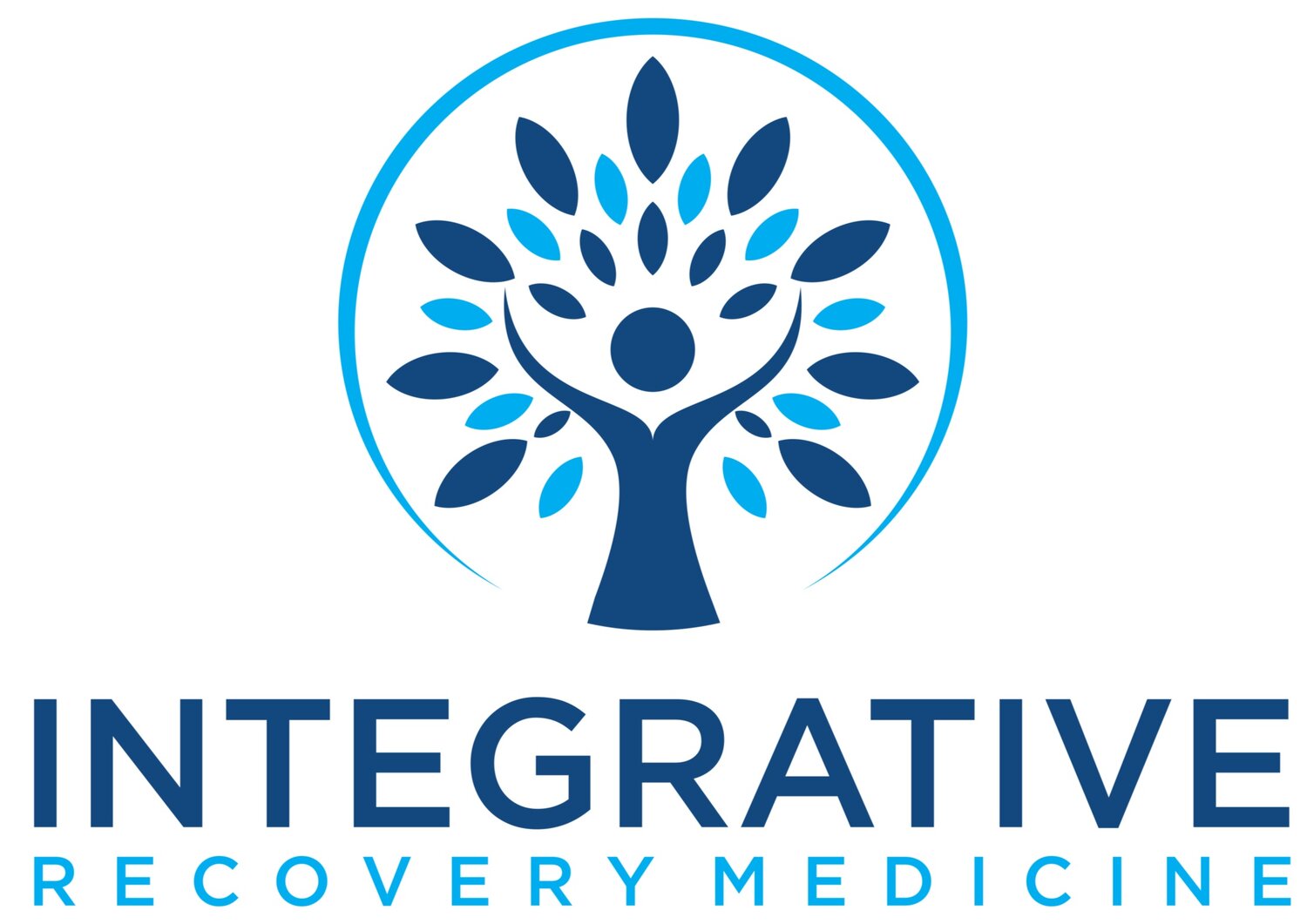What Are Nutritional Supplements in Integrative Medicine?
In the ever-evolving healthcare landscape, integrative medicine has emerged as a holistic approach combining conventional medicine with complementary and alternative therapies. One significant aspect of integrative medicine is using nutritional supplements, which have gained popularity to support overall health and well-being.
These supplements, which encompass vitamins, minerals, herbs, and other natural substances, are pivotal in optimizing health when used judiciously and under healthcare professionals' guidance. In this article, we'll explore the benefits and considerations of nutritional supplements in integrative medicine.
The Role of Nutritional Supplements
Nutritional supplements serve as a valuable tool in integrative medicine for several reasons.
First and foremost, they can help bridge nutritional gaps in our modern diets.
Despite abundant food choices, many individuals still need to meet their daily essential vitamins and minerals requirements. Supplements may provide these nutrients in concentrated form, ensuring the body receives what it needs for optimal functioning.
Furthermore, nutritional supplements can address specific health concerns and conditions.
For instance, vitamin D supplements are commonly recommended for individuals with a deficiency, as this vitamin is essential for bone health, immunological wellness, and mood regulation. Similarly, omega-3 fatty acid supplements are often derived from It is commonly known that fish oil has the power to cause inflammation—and heart-healthy benefits.
Tailoring Supplements to Individual Needs
One of the fundamental principles of integrative medicine is the recognition that each person is unique, and their health needs may differ. This individualized approach extends to the use of nutritional supplements. Healthcare practitioners specializing in integrative medicine often conduct thorough assessments to determine a patient's dietary requirements.
For example, a person with digestive issues may benefit from probiotics to support gut health. In contrast, someone with chronic fatigue might benefit from supplements that boost energy levels, such as coenzyme Q10 or iron. This personalized approach ensures that supplements are not used indiscriminately but are selected based on the patient's health goals and underlying conditions.
Quality and Safety Considerations
When it comes to nutritional supplements, quality and safety are paramount. The dietary supplement industry is vast and diverse, with many products available, from reputable brands to less scrupulous ones. Integrative medicine practitioners stress the importance of using high-quality supplements tested for purity and potency.
Incorporating supplements into your healthcare regimen should be done under the guidance of a knowledgeable healthcare provider. They can help you choose products that are appropriate for your specific needs and monitor your progress. In addition, some supplements may interact negatively with certain drugs or contraindications for specific medical conditions, making professional guidance essential.
The Power of Herbs and Botanicals
Herbs and botanical supplements are an integral part of integrative medicine. They have been used for centuries in traditional healing systems, and their efficacy is now recognized in modern medicine. Herbs like echinacea, ginseng, and turmeric have gained popularity for their potential to boost the immune system, reduce inflammation, and support overall well-being.
It's important to note that herbal supplements should be approached with caution. While these natural remedies can offer significant benefits, They might have adverse effects or interact with drugs. Consultation with a healthcare provider trained in integrative medicine can help you navigate the world of herbal supplements safely and effectively.
Supplements and Disease Prevention
In integrative medicine, supplements are often seen as a disease prevention and health optimization tool. Vitamins C and E help shield cells from oxidative damage, which is implicated in developing chronic diseases such as cancer and heart disease. Similarly, calcium and vitamin D supplements are commonly indicated for maintaining bone health and preventing osteoporosis.
However, it's essential to remember that supplements shouldn't be used in place of a balanced diet lifestyle. They are intended to enhance a healthy diet and regular exercise, not substitute for them. Integrative medicine practitioners emphasize the importance of a holistic approach to health, which includes proper nutrition, physical activity, stress management, and adequate sleep.
Holistic Health Approach
At Integrative Recovery Medicine, we're passionate about holistic health. We deal with the underlying reasons behind your health concerns and empower your body's natural healing abilities. Nutritional supplements are pivotal in nourishing your body, supporting your recovery, and enhancing your overall well-being.
To learn more about our nutritional supplements and how they can boost your health, contact us today to schedule a consultation. It's time to unlock your full wellness potential with Integrative Recovery Medicine Arizona.
Conclusion
Nutritional supplements have found their place in integrative medicine to support health and well-being. When used judiciously and under healthcare professionals' guidance, these supplements can fill dietary gaps, address specific health concerns, and contribute to disease prevention.
However, it's crucial to prioritize quality, safety, and individualized care when incorporating supplements into your healthcare regimen. Integrative medicine's holistic approach ensures that supplements are just one piece of the puzzle, working in harmony with other aspects of a healthy lifestyle to promote overall wellness.

